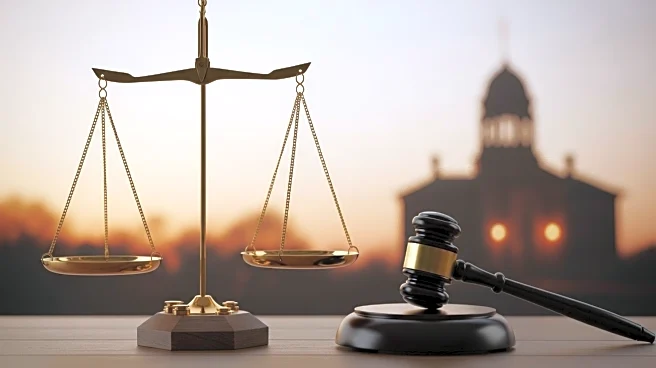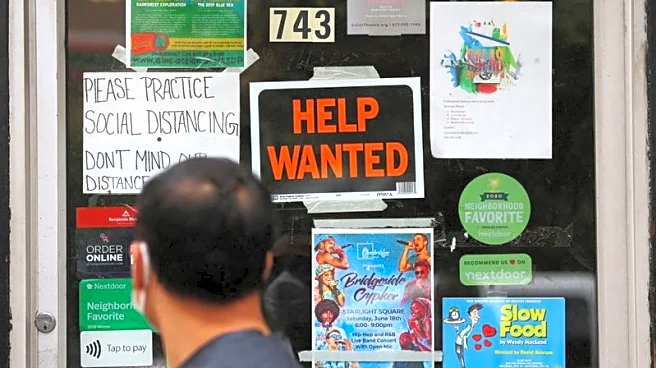What's Happening?
Supreme Court Justice Sonia Sotomayor has raised concerns about the potential for challenges to the 22nd Amendment, which limits U.S. presidents to two terms in office. During an appearance on 'The View,' Sotomayor emphasized that while the Constitution is considered settled law, it remains open to interpretation and challenge until a court case addresses the issue. Her comments were in response to discussions about President Trump's suggestions that he might seek a third term, despite the constitutional prohibition. Sotomayor also reflected on the Supreme Court's recent decision allowing racial profiling by Immigration and Customs Enforcement agents, predicting unintended ripple effects and changes in precedent that could impact future rights.
Why It's Important?
Sotomayor's warning highlights the potential for constitutional challenges that could reshape U.S. political norms. If the 22nd Amendment were to be contested, it could lead to significant political upheaval and alter the balance of power in the U.S. government. The discussion around President Trump's third term aspirations underscores the ongoing debate about executive power and constitutional limits. Additionally, the Supreme Court's decision on racial profiling raises concerns about civil rights and the precedent it sets for future legal interpretations, particularly affecting Latino communities and immigration policies.
What's Next?
The conversation around the 22nd Amendment and President Trump's potential third term could prompt legal and political debates, possibly leading to court cases that challenge the constitutional limits on presidential terms. Political parties and leaders may need to clarify their positions on this issue, potentially influencing upcoming elections and party dynamics. The Supreme Court's decision on racial profiling may lead to further legal challenges and advocacy efforts aimed at protecting civil rights and addressing the impacts on affected communities.
Beyond the Headlines
The implications of challenging the 22nd Amendment extend beyond immediate political consequences, touching on broader themes of constitutional interpretation and the stability of democratic institutions. The precedent set by the Supreme Court's decision on racial profiling could influence future legal standards and societal attitudes towards immigration and minority rights, potentially leading to shifts in public policy and cultural perceptions.












